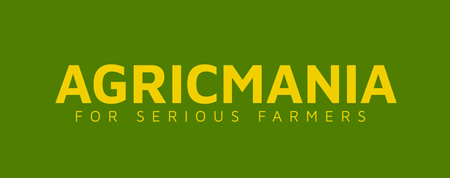By Lungelo Ndhlovu
In January the price of fertilizers went up, dealing a heavy blow to small- holder farmers in the country.
“A 50kg bag of ammonium nitrate which was pegged at around US$37 now retails for anything between US$55 and US$70,” said Mbuso Nkomo, a farmer from Esigodini.
Zimbabwe usually imports ammonium nitrate fertiliser from Russia which might affect its next farming season (2022/2023) since Russia has recently ringfenced its product to protect its local farmers.
Nkomo indicated fertiliser prices were beyond reach for most farmers in the country since it is sold in United States dollars in most local shops.
The Russia-Ukraine crisis has increased the strain on critical supply chains in commodity markets, with current and expected price increases in agricultural products and inputs such as cereals and fertilisers, according to the Economic Commission for Africa (ECA).
“This has in turn put pressure on sometimes fragile domestic production for several African countries relying on these supply chains for staple goods, some of which depend on these imports for up to 80% consumption of wheat for instance,” ECA indicated in a statement.
However, the larger implications are the downstream effects of potential supply chain constraints that can raise prices, increase vulnerability and food insecurity, building unsustainable pressure on already stretched fiscal environments.
“Aggregating its demand for these commodities will allow the continent to negotiate for competitive prices, especially for cereals and grains, assuring net food importers of the access and affordability of commodities like wheat and maize.
“At the same time, aggregating fertiliser demand from importing countries can deliver African producers of inputs such as fertilisers, ensuring timeliness and affordability, and thereby reducing the risk of food shortages,” reads the statement.
According to the ECA, building on the African Development Bank’s $1.5 billion emergency food production plan to mitigate the effect of the warm on food prices through rapid production of wheat, maize, rice and soybean, AFREXIMBANK has undertaken a collaboration with other key continental institutions including, the AfCFTA Secretariat, and UNECA to launch the Africa Trade Exchange (ATEX), a platform to pool-procurebulk basic commodities and ensure countries access scarce supplies in a transparent and equitable manner.
ATEX is a digital trade platform which will complement the existing digital ecosystem constructed to support the implementation of the African Continental Free Trade Area (AfCFTA) Agreement.
“ATEX will help realize the development potential of e-commerce and digitalisation, particularly by facilitating access for small and medium- sized enterprises (SMEs) to the wider African market. This will enhance intra-African trade and the African trade position in the global market, thus assisting in adjusting to disruptions in supply chains and continued growth of African businesses and economies,” said ECA.
To support supply chain resilience, ATEX will digitally enable the trade of the main agricultural commodities and inputs imported by the continent from Russia and Ukraine: cereals (including wheat, maize, and grains), fertiliser and associated inputs, oils, oilseed, as well as other products and inputs critical to support agricultural value chains.



